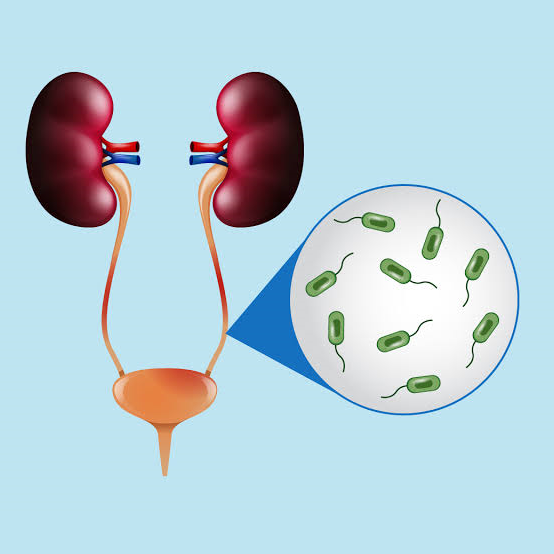PRECONCEPTIONAL COUNSELLING :
Having a safe, healthy and happy pregnancy begins well before you have a positive result on a test. Caring for your health before you become pregnant helps you prepare for a pregnancy.
What is preconception counselling?
Preconception counselling is an appointment with your healthcare provider where you discuss many aspects of a plan for a healthy pregnancy. Your family history, risk factors, medical conditions and lifestyle are all discussed. This appointment is an important part of a planned and healthy pregnancy
When should I schedule a preconception counselling appointment?
This appointment should happen at least three months before you start trying to get pregnant.
What will my provider discuss with me during a preconception counselling appointment?
During the visit, your healthcare provider will discuss the following topics:
- Family history: Your family history—and your partner’s family history—can provide insight about any genetic conditions or disorders that may be passed on to a child. Understanding your medical past can help your Doctor treat you and your child in the future. This information may also tell your doctor if they need to perform extra tests or watch for the development of certain conditions during pregnancy. Specific parts of your family history to share with your doctor could include a history of :
- Hypertension (high blood pressure).
- Diabetes.
- Mental disorders.
- Blindness.
- Deafness.
- Birth defects (congenital conditions).
- Ethnic-related diseases (Tay-Sachs, sickle trait/sickle cell disease).
- Twins or multiples.
- Your general medical history: It is important for your doctor to see the whole picture of your health before pregnancy. During your appointment, your caregiver will want to discuss:
- Surgeries, hospitalizations or transfusions you may have had in the past.
- Any pre-existing medical conditions.
- Any allergies.
- Any medications you may currently be taking.
- Your OBs/GYN history: During the discussion of your medical history, your doctor will ask you about your OBs/GYN history. Some STDs and vaginal infections can affect a woman’s ability to conceive. Your doctor may do blood tests to make sure there are no infections that could cause issues during conception or pregnancy. Specific topics your provider may discuss include:
- Any previous pregnancies.
- Your menstrual history.
- Contraceptive use.
- Any sexually transmitted diseases (STDs).
- Any history of known uterine abnormalities.
- Pap smears or any treatments for abnormal paps.
- Vaginal infections.
- Lifestyle: A healthy lifestyle is very important during pregnancy. This includes a balanced and nutritious diet, exercise, and stopping any drug use and smoking, as well as exposure to any environmental hazards.
- Vaccination: Your doctor may need to update or give you additional vaccinations before you become pregnant. Some of these vaccinations may require time between when they are given to you and when you become pregnant. e.g. Rubella vaccine. Bring your vaccination records with you to your appointment.
What happens during my preconception counselling appointment?
During preconception counselling, your provider may do several tests. These tests may include:
- A physical exam: Your provider may do a physical exam during your preconception appointment. This exam may involve your caregiver:
- Checking your heart, lungs, breasts, thyroid, and abdomen.
- Doing a pelvic exam.
- Checking your blood pressure.
- Recording your weight.
- Lab tests: These tests are used to check for various diseases and conditions. Lab tests may include:
- Testing for hepatitis and HIV
- Complete blood count (CBC)
- A pap smear
- Diabetes screening
- Testing for thyroid issues
- Thalassaemia screening
Your doctor may also discuss how to chart to your menstrual cycles and when you ovulate each month. You may be given a prenatal folic acid. You should start taking this before you are pregnant. Your baby can benefit from a prenatal vitamin.
What happens after my preconception counselling appointment?
Your doctor may make several suggestions after your appointment. These could be a mix of lifestyle changes and healthcare suggestions, including:
- Losing weight
- Quitting smoking or drinking
- Not taking medications that could be harmful to the pregnancy (always speak to your doctor before starting or stopping a medication)
- Updating your immunizations
- Taking recommended vitamins
- Avoiding extra stress
- Seeing specialists for health problems before conceiving
What other lifestyle changes should I keep in mind as I prepare for pregnancy?
- Regular exercise (at least three times per week)
- Healthy, nutritious and balanced diet.
- Proper hydration
- Less stress
- Adequate and timely sleep















